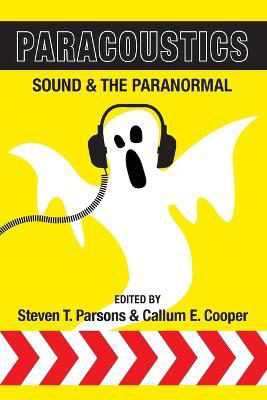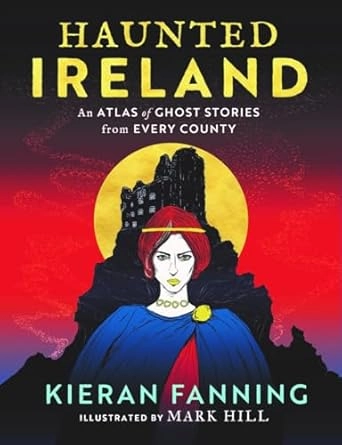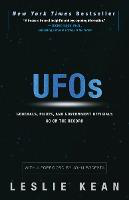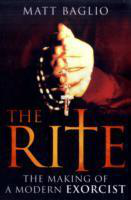US Rep. Burlison Questions 'Dark Programs' Spending In Government
Alien Life & UFO/UAPs
Tuesday 7th, May 2024
2 minute read.
MP Eric Burlison has highlighted serious concerns about the transparency of certain government initiatives he describes as "dark programs" in the United States of America. These programs, according to Burlison, operate under a veil of secrecy, with ambiguous funding and objectives that remain unclear to the public and policymakers alike.
During an exclusive interview with Ask a Pol, Burlison expressed his apprehension about the lack of data sharing between government agencies, specifically pointing out the Navy's failure to provide necessary information to the AARO (Anomaly Assessment and Resolution Office). "When [MP Tim] Burchett asked about some of the data, they said that they had not received data from the Navy. That’s pretty alarming", Burlison remarked.
Burlison's concerns underscore a significant issue within the corridors of power, where the balance between national security and public transparency is delicate and often contentious. The democratic process thrives on openness and the ability of the electorate to scrutinise and hold their leaders accountable. Yet, there exists an undeniable need for certain operations to maintain secrecy to safeguard national security.
Furthermore, Burlison pointed to the ongoing challenges faced by AARO in obtaining full cooperation from various agencies. "Most or all the other agencies are cooperative, but at the end of the day, they’re not getting some of it", he stated, illustrating the frustration and potential roadblocks in achieving full transparency.
The MP also touched upon the content of the undisclosed information, particularly referring to unidentified aerial phenomena (UAP). "Probably the vast majority of this, of the photos and videos, the vast majority are fake. Or are photos of things that are not necessarily UAP", he explained, adding that there is still much work to be done both by AARO and the government.
Eric Burlison's advocacy for greater transparency and accountability reflects a broader societal demand for these values in governance. His call for further investigative steps into these "dark programs" signals a push towards bridging the gap between government actions and public awareness, fostering a more informed and engaged citizenry.
As this dialogue continues, it becomes increasingly clear that the issue at hand extends beyond simple matters of classified information or undisclosed budgets. It is fundamentally a question of trust trust in the institutions designed to protect us and in those elected to make decisions on our behalf.
During an exclusive interview with Ask a Pol, Burlison expressed his apprehension about the lack of data sharing between government agencies, specifically pointing out the Navy's failure to provide necessary information to the AARO (Anomaly Assessment and Resolution Office). "When [MP Tim] Burchett asked about some of the data, they said that they had not received data from the Navy. That’s pretty alarming", Burlison remarked.
Burlison's concerns underscore a significant issue within the corridors of power, where the balance between national security and public transparency is delicate and often contentious. The democratic process thrives on openness and the ability of the electorate to scrutinise and hold their leaders accountable. Yet, there exists an undeniable need for certain operations to maintain secrecy to safeguard national security.
Furthermore, Burlison pointed to the ongoing challenges faced by AARO in obtaining full cooperation from various agencies. "Most or all the other agencies are cooperative, but at the end of the day, they’re not getting some of it", he stated, illustrating the frustration and potential roadblocks in achieving full transparency.
The MP also touched upon the content of the undisclosed information, particularly referring to unidentified aerial phenomena (UAP). "Probably the vast majority of this, of the photos and videos, the vast majority are fake. Or are photos of things that are not necessarily UAP", he explained, adding that there is still much work to be done both by AARO and the government.
Eric Burlison's advocacy for greater transparency and accountability reflects a broader societal demand for these values in governance. His call for further investigative steps into these "dark programs" signals a push towards bridging the gap between government actions and public awareness, fostering a more informed and engaged citizenry.
As this dialogue continues, it becomes increasingly clear that the issue at hand extends beyond simple matters of classified information or undisclosed budgets. It is fundamentally a question of trust trust in the institutions designed to protect us and in those elected to make decisions on our behalf.



